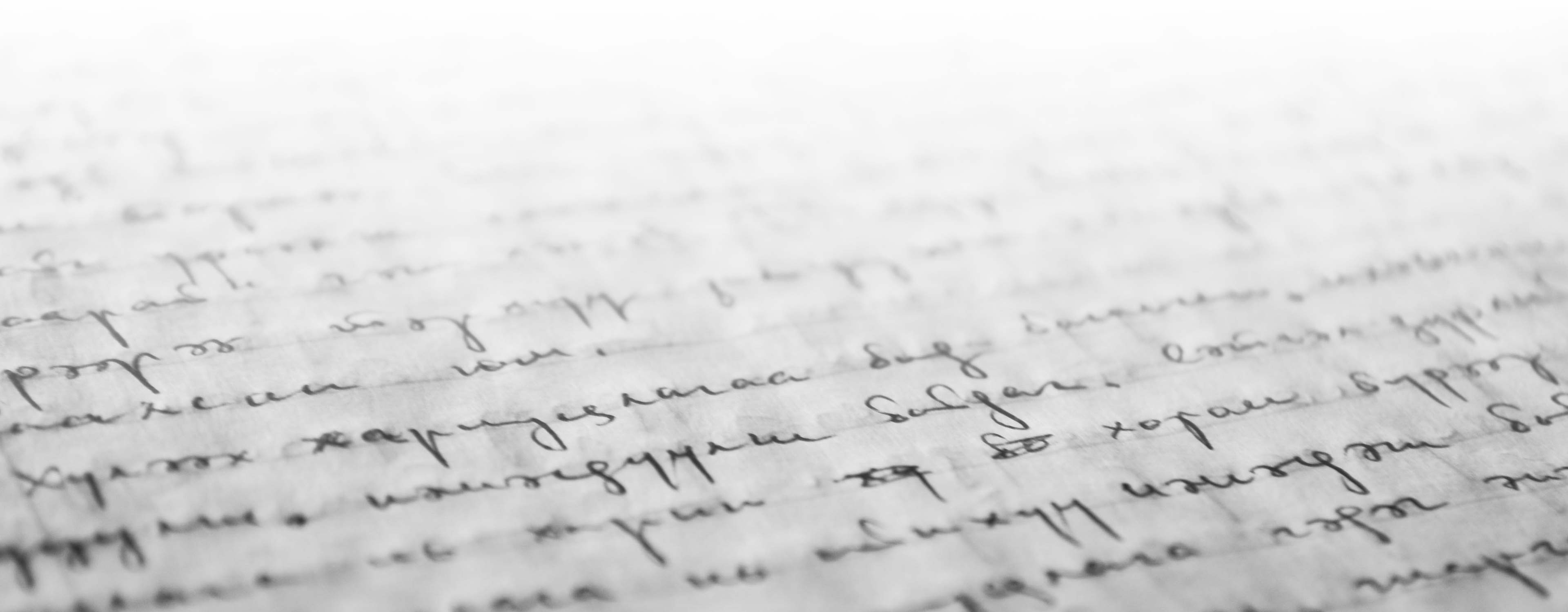
Media Poveiros
A city in which the local press is aware of the importance of good journalistic practices, which supports freedom of expression and values the diversity of voices and opinions, is a city in which information lives and thrives.
Communication and literature in Póvoa de Varzim have ancient ties. On 1 January 1870, the first periodical "Gazeta da Póvoa de Varzim" began to be published, managed by the novelist Manuel Pereira Lobato. Following the example of the bi-weekly "Distrito de Évora", also managed by another writer, Eça de Queirós, its foundation arises from the will of a group of people of Póvoa who dared to report on the city's life: urban improvements, social life, progress of the commercial and artistic classes, as well as farming and fishing.
The "Gazeta" did not last long, but it was soon succeeded by other newspapers, which co-existed for more or less time. They are important records of a crucial phase in the economic, social and cultural development of Póvoa de Varzim. It was at this time, at the end of the 19th century, that the bathing station of Póvoa de Varzim was built. Urban development is reflected in the news content of the time, which marks these changes. Numerous publications have been preserved, available in physical and digital media in the network of Póvoa Public Reading Libraries. They comprise a valuable and indispensable heritage, both for their critical quality and for the time period they portray.
The communication formats have updated, and they no longer live solely from printed information. Today, media content has had its horizons broadened, mainly thanks to the widening of Internet access, thus allowing the dissemination of journalistic production in audiovisual format. Proof of this is the existence of a WebTV and multiple websites dedicated to the promotion of local information.
In addition to the social role of the media as information providers and defenders of freedom of expression, they are also important partners in promoting culture in the city. The relationship between the media and literature is therefore reflected in the coverage of literary events such as the Correntes d'Escritas Festival. More than 500 professionals from more than 20 countries of the Iberian Peninsula, Africa and South America have attended the festival in the last 5 years. In total, around 2,000 news articles and 3,500 posts were published on social networks, with special broadcasts of 50 television and radio programmes live from the Festival, reaching an average of 33% of the Portuguese population.
Communication and literature in Póvoa de Varzim have ancient ties. On 1 January 1870, the first periodical "Gazeta da Póvoa de Varzim" began to be published, managed by the novelist Manuel Pereira Lobato. Following the example of the bi-weekly "Distrito de Évora", also managed by another writer, Eça de Queirós, its foundation arises from the will of a group of people of Póvoa who dared to report on the city's life: urban improvements, social life, progress of the commercial and artistic classes, as well as farming and fishing.
The "Gazeta" did not last long, but it was soon succeeded by other newspapers, which co-existed for more or less time. They are important records of a crucial phase in the economic, social and cultural development of Póvoa de Varzim. It was at this time, at the end of the 19th century, that the bathing station of Póvoa de Varzim was built. Urban development is reflected in the news content of the time, which marks these changes. Numerous publications have been preserved, available in physical and digital media in the network of Póvoa Public Reading Libraries. They comprise a valuable and indispensable heritage, both for their critical quality and for the time period they portray.
The communication formats have updated, and they no longer live solely from printed information. Today, media content has had its horizons broadened, mainly thanks to the widening of Internet access, thus allowing the dissemination of journalistic production in audiovisual format. Proof of this is the existence of a WebTV and multiple websites dedicated to the promotion of local information.
In addition to the social role of the media as information providers and defenders of freedom of expression, they are also important partners in promoting culture in the city. The relationship between the media and literature is therefore reflected in the coverage of literary events such as the Correntes d'Escritas Festival. More than 500 professionals from more than 20 countries of the Iberian Peninsula, Africa and South America have attended the festival in the last 5 years. In total, around 2,000 news articles and 3,500 posts were published on social networks, with special broadcasts of 50 television and radio programmes live from the Festival, reaching an average of 33% of the Portuguese population.